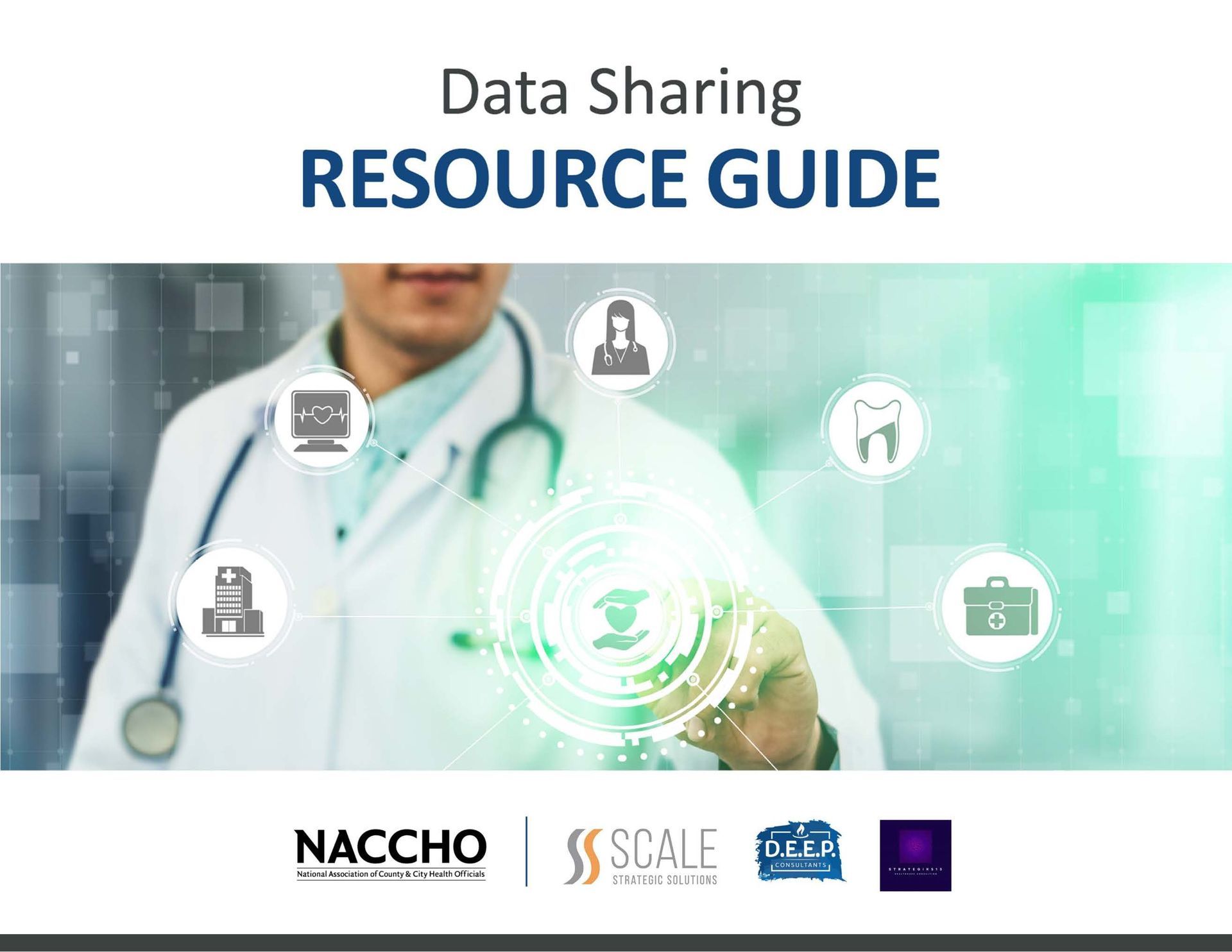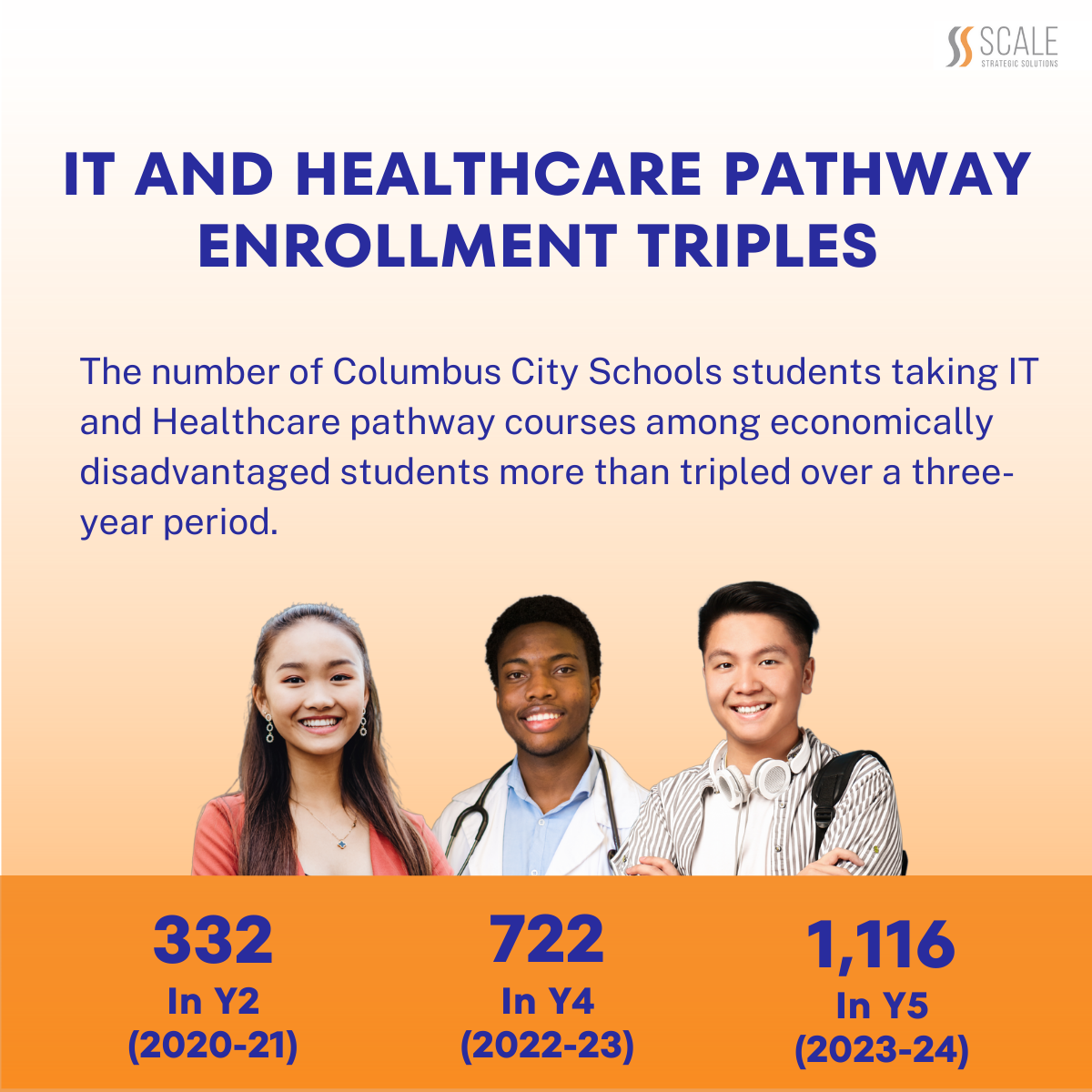Making Good Things Happen
Postsecondary Education Still Makes Dollars and Sense

Do you need college to have a good career? According to research by the Georgetown University Center for Education and Workforce, a college degree still pays off even considering the cost of debt.
Scale Strategic Solutions has provided services for a variety of post-secondary student success efforts including the Institute for Higher Education Policy’s Degrees When Due, Ohio’s Complete to Compete initiative, and various initiatives with the Ohio Department of Higher Education. Education after high school is still valuable but
· “College” should include post-secondary education and credentials more broadly. Industry certifications, apprenticeships, associate degrees, and bachelor’s degrees are solid credentials for success. The traditional four-year degree is not the only valuable option. However, Census data show that the median lifetime earnings for bachelor’s degrees holders is $2.8 million compared to roughly $1.9-2 million dollars for people with some college or an associate degree.
· A balanced college investment depends on how much you spend for college and your field of study. Fields of study in science, technology, engineering, math, and health lead to higher paying jobs compared to degrees in arts, psychology, social work, and education. However, our economy and communities still need people in all these occupations. If someone’s interest is greater in a field of study where income is lower, it is a better investment for them to pursue a degree at college with a lesser rate of tuition and more scholarship options. Georgetown University also developed a report ranking colleges by return on investment.
· Finishing college is crucial. Too many students start college and are interrupted before they receive a degree or credential. Leveraging resources for financial aid, wholistic supports, and ways to re-enroll smoothly after time off are necessary. Many institutions, communities, and policymakers are thinking creatively about the strategies to advance college completion.
Collaborators in post-secondary education must continue to prioritize:
1. Changing the way post-secondary institutions operate to better serve today’s students and focus on the jobs of the present and future.
2. Braiding of resources for a breadth of support for students including federal, state, and philanthropic funds.
3. Closing equity gaps so that disparities by race, gender, socio-economic status no longer exist.
Scale Strategic Solutions is proud to play a role in moving the needle on college completion in our home state and nationally.











